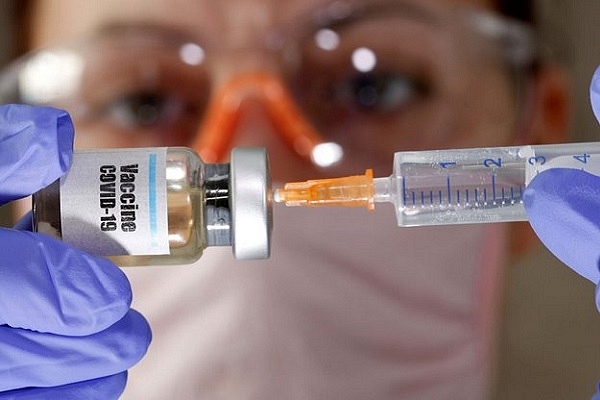
Pfizer Seeks Emergency Use Authorisation For Its COVID-19 Vaccine In India
Pfizer India has become the first pharmaceutical firm to seek from the Drugs Controller General of India (DCGI) an emergency use authorisation for its COVID-19 vaccine in the country, after its parent company secured such clearance in the UK and Bahrain, PTI reported
The firm, in its application submitted to the drug regulator, has sought permission to import the vaccine for sale and distribution in the country, besides waiver of clinical trials on Indian population in accordance with the special provisions under the New Drugs and Clinical Trials Rules, 2019, official sources said.
“Pfizer India has submitted an application on December 4 to the DCGI seeking emergency use authorization (EUA) for its COVID-19 vaccine in India,” a source said.
“The firm has submitted the EUA application in Form CT-18 for grant of permission to import and market Pfizer-BioNTech’s COVID-19 mRNA vaccine BNT162b2 in the country,” the source said, citing the application.
On December 2(Wednesday), United Kingdom had authorised the use of Pfizer-BioNTech Covid-19 vaccine for the use of the general public.
“The Government has today accepted the recommendation from the independent Medicines and Healthcare products Regulatory Agency (MHRA) to approve Pfizer-BioNTech’s COVID-19 vaccine for use, The vaccine will be made available across the UK from next week” the government said.
As a result of the emergency authorisation the United Kingdom became the first nation in the world to authorise the use of the Pfizer-BioNTech vaccine.
The UK has placed an order for doses which will cover 20 million of its population. Each recipient requires two doses which will be administered in a gap of three weeks.
The mRNA-based Covid-19 vaccine jointly developed by Pfizer and BioNTech has shown that it can prevent a Covid-19 infection in 90 per cent of the cases.
The trials of this vaccine were conducted on 43,500 people in six countries without any safety issues. The report adds that a preliminary analysis has found that this vaccine can prevent over 90 per cent of the people from contracting Covid-19.
This vaccine involves injecting part of the SARS-Cov-2 virus's RNA into the human body, which in-turn prompts the human body to produce the Coronavirus spike protein. The immune system is then prompted to produce antibodies and activate T-cells to destroy the infected cells. Thus subsequently if the human encounters Covid-19 the antibodies and T-cells are triggered to fight it. The patients will require two doses of the vaccine with a gap of three weeks. During the tests it was found that 90 per cent protection was achieved 7 days after injection of the second dose.